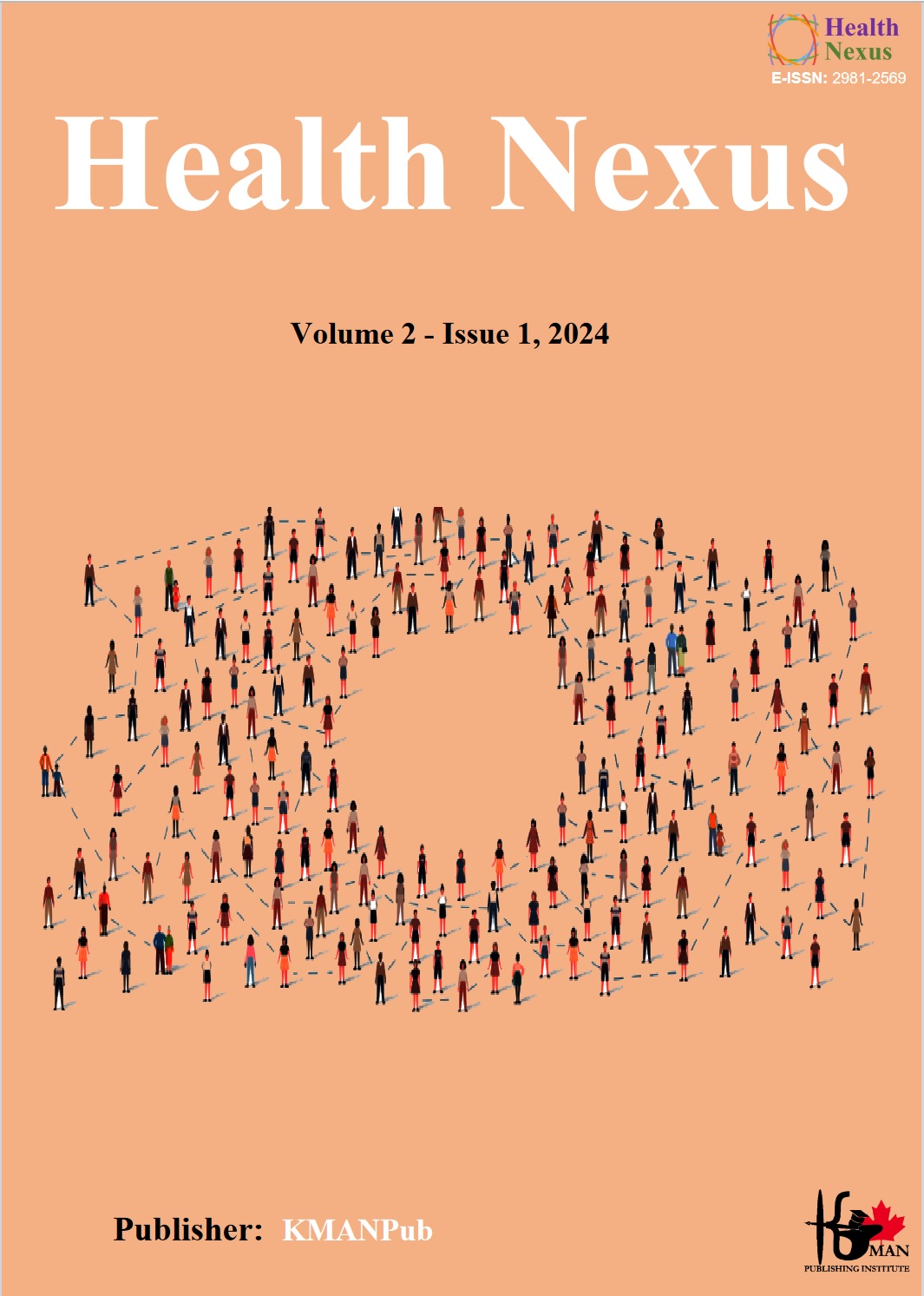The Impact of Web-Based Cognitive-Behavioral Therapy on Chronic Pain Acceptance in Patients with Rheumatoid Arthritis
Abstract
The aim of this study was to determine the impact of web-based cognitive-behavioral therapy on chronic pain in patients with rheumatoid arthritis. The present study was an applied-semi-experimental research with a test and control group, utilizing a pretest-posttest design. All adults aged 30 to 60 years suffering from rheumatoid arthritis and visiting the clinics of two rheumatology subspecialists in the city of Mashhad constituted the research population. Considering the possibility of attrition, 21 individuals were allocated to the intervention group and 15 to the control group. After the research sample was determined in both the test and control groups, questionnaires on personal characteristics and chronic pain acceptance were completed by them, followed by the implementation of a cognitive-behavioral therapy training program for the intervention group in 8 sessions of 60 minutes each, web-based and through Skyroom. The control group did not receive any specific training. After the intervention ended, the questionnaires were completed again. Two months after the intervention, the questionnaires were filled out again by the groups for follow-up and to assess the persistence of the effect. Data were analyzed using SPSS V26 and EXCEL V2019 software. Based on the findings, web-based cognitive-behavioral therapy affects the acceptance of chronic pain in patients with rheumatoid arthritis. Therefore, considering the results of this research and other studies on the effectiveness of cognitive-behavioral group therapy in chronic physical diseases, in addition to medical treatments, the use of online psychological interventions can be beneficial and productive in increasing the acceptance of chronic pain and improving various functional dimensions of these patients.
Downloads
Downloads
Additional Files
Published
License
Copyright (c) 2023 Rahil Omidvar (Author); Mahdi Nayyeri (Corresponding Author); Saeed Teimoori (Author)

This work is licensed under a Creative Commons Attribution-NonCommercial 4.0 International License.



























